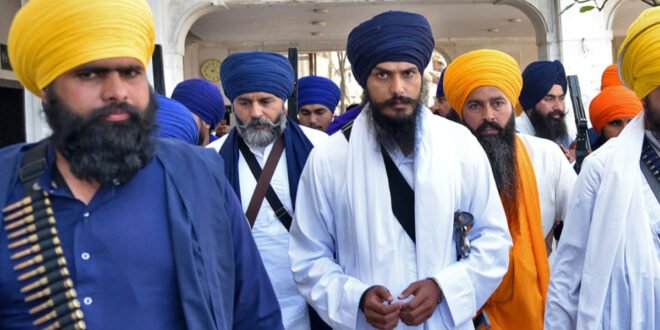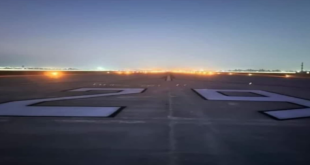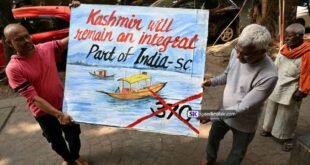For India, they also have to sign a form renouncing separatist activities. The Government of India has not officially reacted to this report, which is being investigated in Canada. However, the question remains: why is Canada upset over visas being denied to Khalistani terror backers or separatists? Canada should be more concerned about the activities of Khalistani terrorists and criminals in their country, whether they are involved in drug running, gun running, or human trafficking. These individuals have a free run in Canada. Worse, Canada has denied visas to veterans who have served in Jammu and Kashmir and Punjab. We debate this threadbare. I’m Gaurav Saent, as always, and let’s get started with the headlines at 10.
The opposition ups the ante against the Rajya Sabha chair. A notice has been submitted for Jagdeep Dhankar’s removal. The Congress Chief, Mallikarjun Kharge, calls Dhankar the biggest disruptor in Rajya Sabha. The George Soros-Arani storm continues in Parliament. The BJP claims Rahul Gandhi’s aunt is a relative of George Soros. Rahul Gandhi says the Congress wants the house to function despite the BJP’s provocation. Bengal Chief Minister Mamata Banerjee hints at leading the INDIA bloc again. Mamata Banerjee says she’s thankful to those who want her as the leader of the opposition bloc. The Bengaluru techie suicide probe intensifies. Atul Sub’s mother-in-law calls the allegations against her daughter baseless. Atul’s family demands justice.
[Music] Foreign Secretary briefs Parliament on his Dhaka visit. Sources say Muhammad Yunus’s interim government assures India of action against attacks on Hindus and other minorities in Bangladesh. Our top focus story in this special broadcast is a report from Canada. Canada calls India’s alleged denial, or reported denial, of visas to Khalistani terror backers as a foreign interference tool. India has apparently taken a very firm stance on denying visas to certain Canadians, particularly those who openly support the Khalistan separatist cause. The Canadian media is labeling this as foreign interference. However, this action is well within the Government of India’s rights, given the growing concerns over Khalistani-linked violence and threats not just in Canada but also in India. Indian interests are being impacted in Canada, and Khalistani separatists, criminals, and mafias are trying to call the shots even in India.India is actively denying visas to Canadians who embrace the Khalistani cause. You would think this would be the most appropriate, legitimate, and timely action, given the rampant culture of violent threats that Khalistanis have been directing at India and Indian officials for several years. But Canadian news organization Global News calls it an investigation revealing foreign interference. The article, posing as a major expose, reports that India has simply been exercising its very reasonable right to deny visas to people found to be openly embracing a cause that publicly calls for harm against India. This cause has direct links with Pakistan’s ISI and has demonstrated real-world threats against persons of Indian origin in Canada and the United States over the past few years.
As if to suggest coercive and cruel action, the article reports that Canadian Khalistanis were told they would get visas only if they denounced Khalistan and acknowledged India as their country of origin. It is unlikely that any reasonable citizen of either country would consider visa denial on these grounds a violation of rights, let alone foreign interference. But that is just how India-Canada ties have sunk. Global News, a prominent media outlet, is part of a Canadian media ecosystem that has been happy to carry government plans against India in the ongoing tussle over the death of terrorist Hardip Singh Nijjar—a case that has brought India-Canada relations to a historic low.
In Canada, some proponents of the Khalistan cause have been associated with hate speech, threats against Indian officials, and the public glorification of violence, raising legitimate concerns for Indian authorities. Diplomatic missions have the responsibility to safeguard their home country’s interests while operating within international norms. The actions attributed to the Indian consulate, conditioning visas on distancing oneself from a separatist movement, fall squarely within the realm of legitimate diplomatic practice. Visas are not an entitlement, but a privilege granted at the discretion of the issuing country.
For India, the Khalistan issue is not merely a political disagreement but a matter of sovereignty and security. The question now is: Will India go further than just denying visas and apply further pressure by canceling PIO/OCI cards and cracking down on the Indian bank accounts and properties of Khalistanis in Canada?
 Speed Khabar
Speed Khabar




